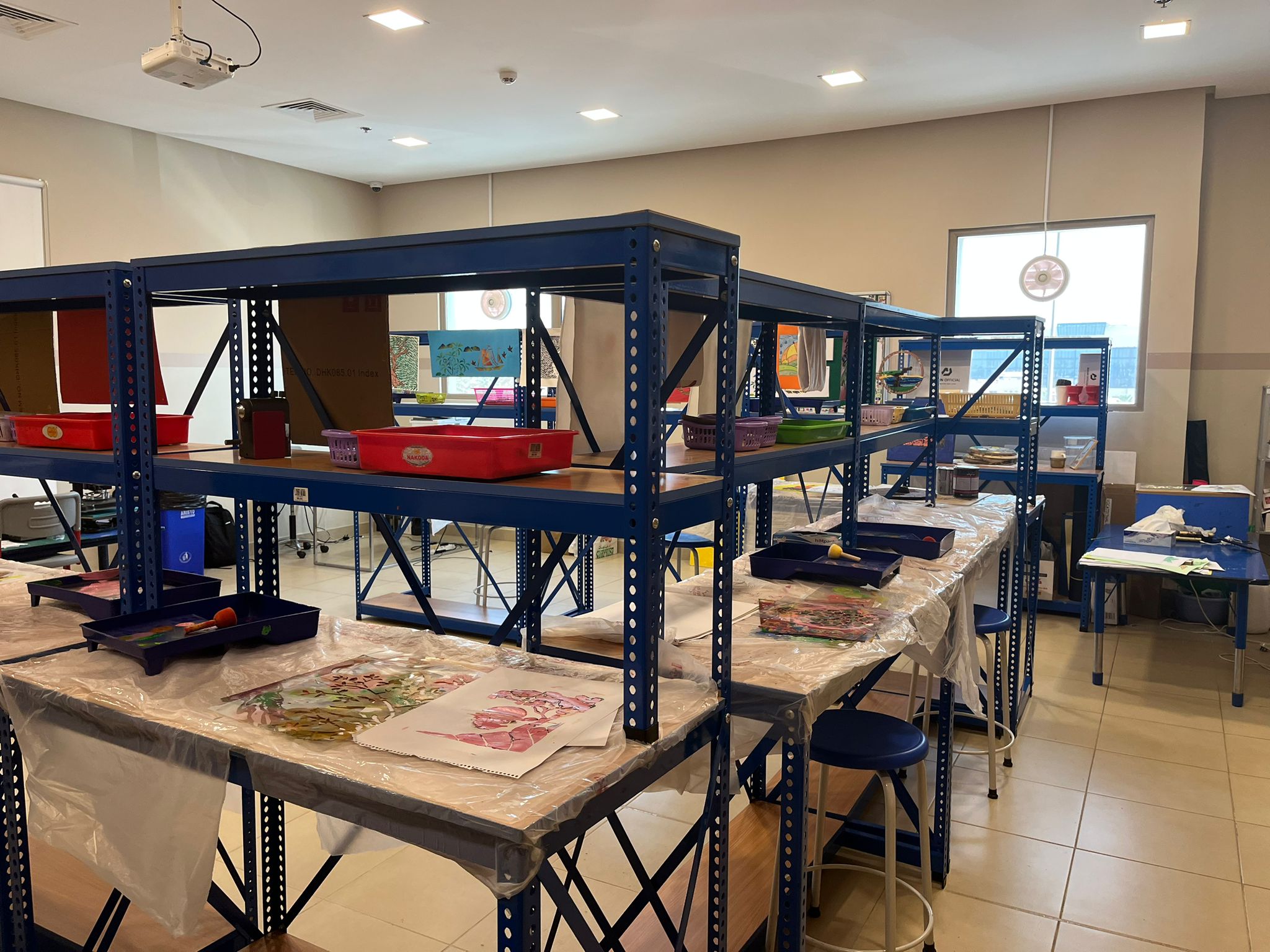‘Early intervention’ for autism
TDT | Manama
The Daily Tribune – www.newsofbahrain.com
Reported by Julia Cassano
Although talked about heavily, autism may be one of the most misconceived stereotypes. The current estimation worldwide is that 1 percent of any population, both adults and children, has a diagnosis of autism.
To get a better understanding of autism, The Daily Tribune went down to the Alia Centre for Early Intervention in A’ali, which promotes lifelong access and opportunity for all individuals with behavioural and communication difficulties.
When touring the centre, it was revealed that children and adults have access to gardening classes, basic-skill classes, printing workshops, laundry classes, cooking classes, gyms, and much more.
Educators at the centre relayed that teaching individuals with autism basic life skills helps them build an independent future. Giving children the opportunity to take matters into their own hands, the printing workshop allows individuals at the centre to work with big corporations like McDonald’s by designing postcards for the company.
Showing that people with autism can be a part of the community and contribute to society. Also exceeding expectations, the centre provides the ASDAN certificate, a UK qualification, which allows young people with autism to achieve meaningful learning outcomes, which elevates them to go on to further education and venture out into the job market.
In an interview with Dr. Rania Ali Alkhalifa, President of the Bahrain Society for Children with Behavioural and Communication Difficulties, she highlighted that early intervention and parent training are the key factors to helping those with autism develop ably.
Haidy Wadie Halim, deputy director at the Alia Centre, also highlighted the importance of parent’s awareness of their child’s behaviour.
"Parents should be educated on the early warning signs of autism, as early intervention can most definitely shape the child’s future." The main signs to look out for are communication delays, no eye contact, social withdrawal, and behavioural problems that can appear as early as 12 months.
Both Dr. Rania and Haidy said that if parents do not take necessary action when symptoms arise, this can delay the child’s development tremendously. But if the child is taken to a specialist at an early age, Dr. Rania said that there have been cases where individuals with autism are able to live fully independent lives.
Related Posts



